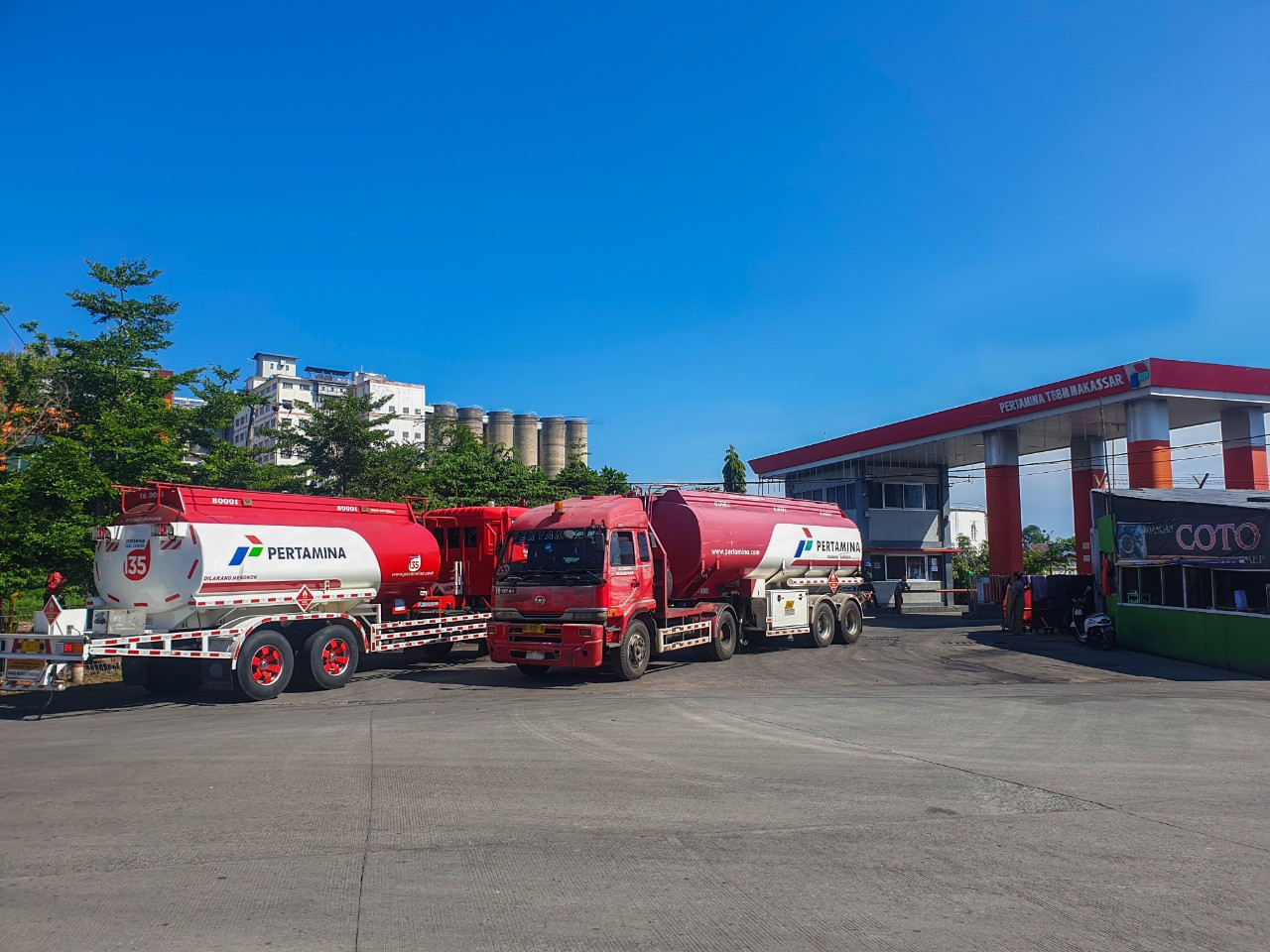Popular Reads
Top Results
Can't find what you're looking for?
View all search resultsPopular Reads
Top Results
Can't find what you're looking for?
View all search resultsPandemic delivers crushing blow to energy, transportation SOEs, deputy minister says
Deputy SOEs Minister Kartika “Tiko” Wirjoatmodjo said that SOEs in the energy sector, such as electricity giant PLN and oil and gas company Pertamina, have suffered the most severe losses this year amid low demand during the health crisis.
Change text size
Gift Premium Articles
to Anyone
T
he economic crisis brought about by the COVID-19 outbreak has taken a toll on state-owned enterprises (SOEs) in the energy, transportation and infrastructure sectors, a top government official has said.
Deputy SOEs Minister Kartika “Tiko” Wirjoatmodjo said that SOEs in the energy sector, such as electricity giant PLN and oil and gas company Pertamina, have suffered severe losses this year amid low demand during the health crisis.
“SOEs in the energy sector have suffered the worst revenue losses, as low consumption of electricity and fuel show the economy is still far from normal,” he told a virtual discussion on Tuesday.
Indonesia’s economy shrank 5.32 percent year-on-year (yoy) in the second quarter this year due to the health crisis and is widely expected to contract further in the third quarter. The contraction would mark the country’s first economic recession since the 1998 Asian financial crisis.
The government has allocated Rp 695.2 trillion (US$4.7 billion) in COVID-19 stimulus funds to spur the economic recovery and finance the healthcare system. From the funds allocated, the government plans to disburse funds to SOEs as part of the national economic recovery program, including through state capital injections (PMN), loans and fund placements, among other measures.
According to the Finance Ministry’s latest presentation, the government has earmarked Rp 20.5 trillion in PMN, including Rp 7.5 trillion for state-owned construction firm PT Hutama Karya to finance the trans-Sumatra toll road project. It will also channel Rp 20.75 trillion in loans and investment to SOEs, including Rp 8.5 trillion for national flag carrier PT Garuda Indonesia.
The funds for Garuda, for example, will be channeled through a mandatory convert bond (MCB), which was approved by the House of Representatives (DPR) in July.
The MCB for the airline is expected to have a tenor of three years, with state-owned infrastructure financing company PT Sarana Multi Infrastruktur (SMI) projected to act as a buyer of the bond and eventually a shareholder of the company.
Read also: Garuda defers fleet renewal amid COVID-19 pressure on finances
The government has also been taking measures to conduct financial restructuring in Garuda, following the company’s losses this year, including by ceasing domestic routes and evaluating aircraft leasing contracts, Tiko said.
Tiko added that SOEs in the infrastructure and transportation sectors, such as train operator PT Kereta Api Indonesia (KAI), toll road operator PT Jasa Marga and state builder Waskita Karya had also suffered during pandemic, and would also receive government assistance.
“The number of train passengers is only about 15 percent of pre-pandemic levels, as people are still reluctant to use public transportation,” he said.
However, toll road usage in Java and Sumatra has increased in recent weeks, according to Tiko.
The government has taken several measures to lessen the impact of the pandemic on SOEs and the economy. For example, the government and the Financial Services Authority (OJK) have teamed up to provide debt restructuring for businesses, while it also ensuring food availability and strengthening the healthcare response to the pandemic, Tiko added.
However, on Sept. 10, Garuda Indonesia president director Irfan Setiaputra stated that the government’s funds would not be sufficient to turn the company’s financial situation around.
In a research note published on Sept. 9, Mirae Asset Sekuritas research analyst Lee Young Jun predicted the airline would post losses of $1.1 billion in 2020 and $161.5 million in 2021.
“We think the seat load factor will remain at 40 percent at best until the end of 2020 as new record highs in COVID-19 cases continue to be recorded,” the note reads, adding that the extended large scale-social restrictions (PSBB) would prompt people to avoid traveling.










